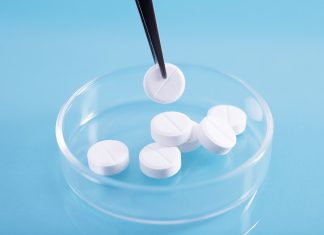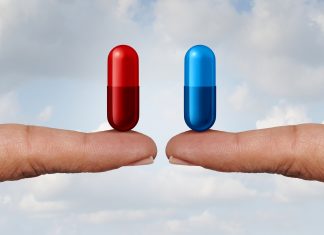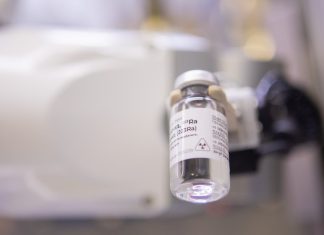Biocad has started phase III clinical trials of its drug against autoimmune diseases. Dmitry Morozov’s company assigned this drug, previously referred to as BCD-132, the nonproprietary name of divisolimab. 72 patients with multiple sclerosis, who previously participated in Biocad’s clinical trials, will be the subjects of the final trials, which will continue until December 2022.
Divisolimab is a humanized monoclonal antibody against CD20 with a modified glycosylation profile. The company expects that the drug can be administered to patients once every six months. A similar, but foreign development with the same mechanism of action, Roche’s Ocrevus (ocrelizumab), is already on the Russian market. Ocrelizumab is purchased under the state program of 14 high-cost nosologies for patients with the most aggressive form of the disease: primarily progressive MS. Biocad has not yet tested its product on subjects with PPMS.
In April 2019, BCD-132 entered II phase 2 of its effectiveness trials in multiple sclerosis, and in July, in rheumatoid arthritis. The first phase of clinical trials focused on the safety of BCD-132 began back in 2017. In December of the same year, Morozov’s company succeeded in having the Chamber for Patent Disputes cancel the patent of Genentech (owned by Roche) for a similar invention. Biocad is also testing divisolimab for rheumatoid arthritis. They should be completed in December 2024, and the drug dossier will be submitted for registration in 2023.
Roche’s Ocrevus (ocrelizumab) is currently the only drug in the world for the treatment of PPMS; it is also administered every six months after the first infusion. While global sales of this medicine amounted to $4.6 billion last year, patients included into the 14 Cost-Intensive Nosologies program needed 3,500 annual courses, worth 3.6 billion rubles, over the same period.




